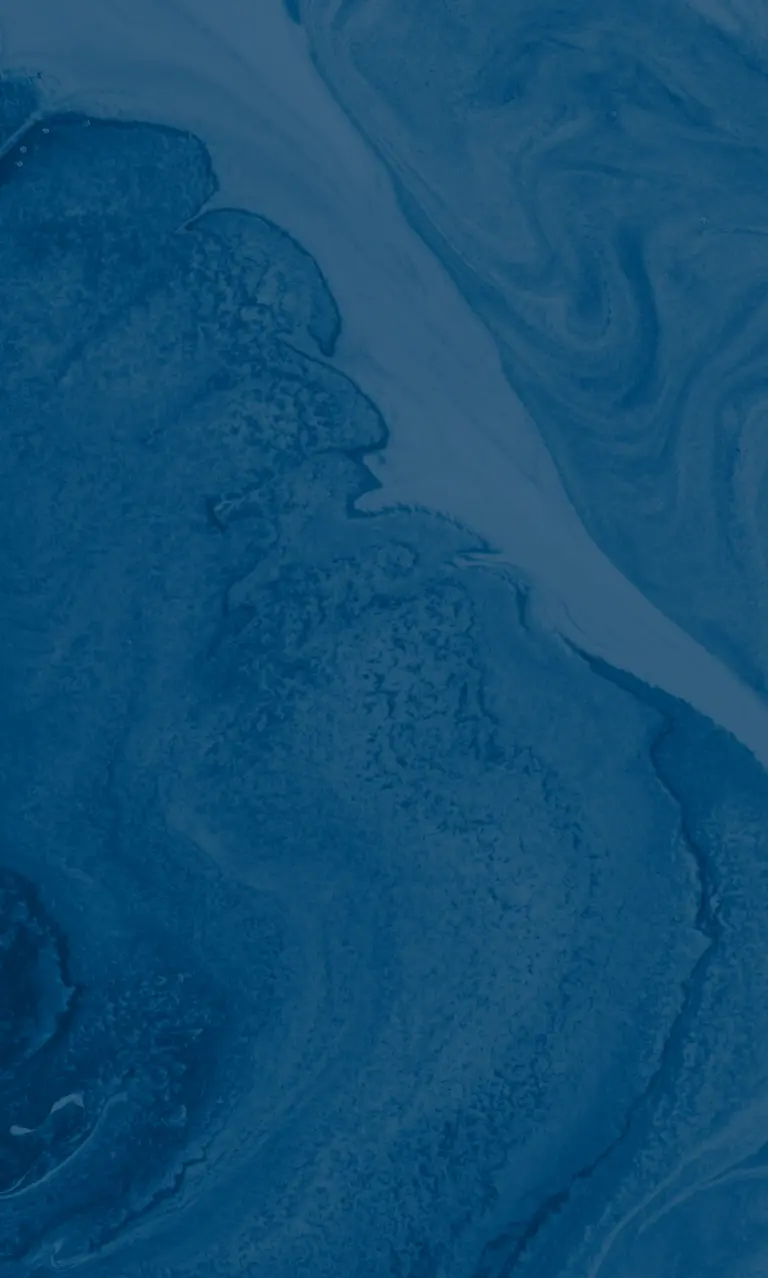Paralex Understanding how pathogenic microorganisms overcome invasive, toxic red tides
The global phenomenon of 'red tides' has existed for several years and is due to a spectacular proliferation of microalgae that results from the impact of recent climatic changes on marine phytoplankton. These 'red tides' disrupt the marine environment by affecting habitat quality and reducing biomass. They also have an impact on human activities, such as coastal tourism, fishing and aquaculture.
Most of the species responsible for such proliferations are dinoflagellates, microorganisms that are primary producers within marine phytoplankton. Some produce formidable toxins and neurotoxins that can trigger paralysis, diarrhoea or haemolysis. These phytotoxins build up in the food chain and can lead to serious poisoning in anyone consuming affected shellfish, crustaceans or fish.
Numerous studies have led to a better understanding of and a greater ability to predict the environmental factors that encourage these algal blooms. In contrast, practically nothing is known of the factors that ensure that affected ecosystems will, given time, recover.
Initial long-term monitoring suggests that some species capable of producing intense toxic blooms for several years are finally integrated into the phytoplankton at weaker cell concentrations, causing no further toxicity problems. Recent work raises the possibility that this regulation may be due to the presence of parasites, viruses, bacteria or microorganisms capable of infecting certain toxic microalgae and of regulating their populations.
The main aim of the PARALEX project is to identify the natural parasites present in ecosystems contaminated by invasive and toxic microalgae in order to gain a better understanding of the role of these microorganisms in the recovery and stability of coastal marine ecosystems.
The PARALEX project is funded by the French research agency's (ANR) 2009 programme, 'The Sixth Extinction: Quantifying biodiversity loss'.
Partners
Centres de recherche
- Station Biologique de Roscoff, UMR 7144, Roscoff [Porteur de projet]
- Observatoire Océanologique de Banyuls, laboratoire Arago, UMR 7621, Banyuls
- Ifremer, Brest
Funders
- Agence Nationale de la Recherche
